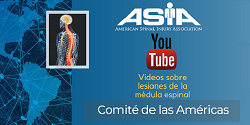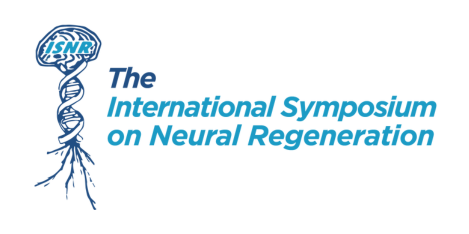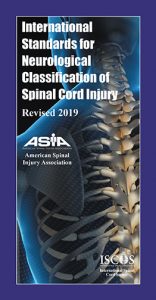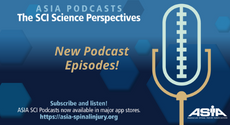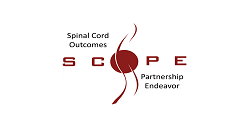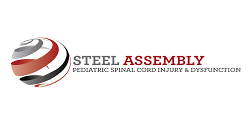.
| Health Maintenance Checklist |
|---|
-
Regularly review patient’s bladder care/program (at least annually)
-
Annual creatinine to assess renal function
-
Renal ultrasound to assess upper tracts every 1–2 years
-
Urodynamics at baseline and when change in function (urinary tract infections, incontinence, difficulty catheterizing, autonomic dysreflexia, stones)
- Consider cystoscopy in patients with long-term indwelling catheters due to increased prevalence of bladder cancer
.
| Lista de verificación de mantenimiento de la salud |
|---|
1. Revise periódicamente el programa / cuidado de la vejiga del paciente (al menos una vez al año)
2. Creatinina anual para evaluar la función renal
3. Ultrasonido renal para evaluar las vías superiores cada 1-2 años
4. Urodinamia al inicio y cuando hay cambio en la función (infecciones urinarias, incontinencia, dificultad para el cateterismo, disreflexia autonómica, cálculos)
5. Considere la cistoscopia en pacientes con catéteres permanentes a largo plazo debido a una mayor prevalencia de cáncer de vejiga.
.
| Episodic Care Considerations |
|---|
-
Asymptomatic bacteriuria is very common. To avoid overtreatment and antibiotic resistance, do not perform routine urinalysis and culture in those without symptoms.
-
Symptoms of UTI may be atypical in people with SCI (autonomic dysreflexia, increased spasticity, change in frequency/incontinence, fever, abdominal discomfort, malaise).
-
Presence of signs and symptoms of UTI with urine culture findings (leukocyturia and positive urine culture) is the gold standard for guiding management in symptomatic UTI.
| Consideraciones de cuidado episódico |
|---|
1. La bacteriuria asintomática es muy común. Para evitar el sobretratamiento y la resistencia a los antibióticos, no realice análisis de orina y cultivos de rutina en personas sin síntomas.
2. Los síntomas de ITU pueden ser atípicos en personas con LME (disreflexia autonómica, aumento de la espasticidad, cambio en la frecuencia / incontinencia, fiebre, molestias abdominales, malestar general).
3. La presencia de signos y síntomas de ITU con hallazgos de urocultivo (leucocituria y urocultivo positivo) es el estándar de oro para guiar el manejo en la ITU sintomática

